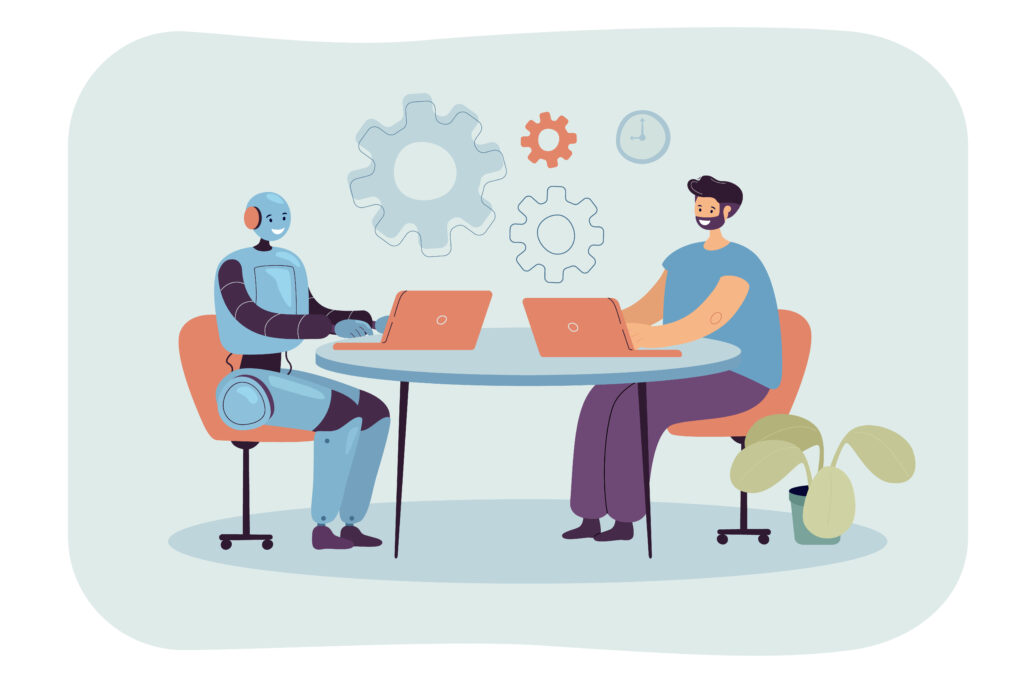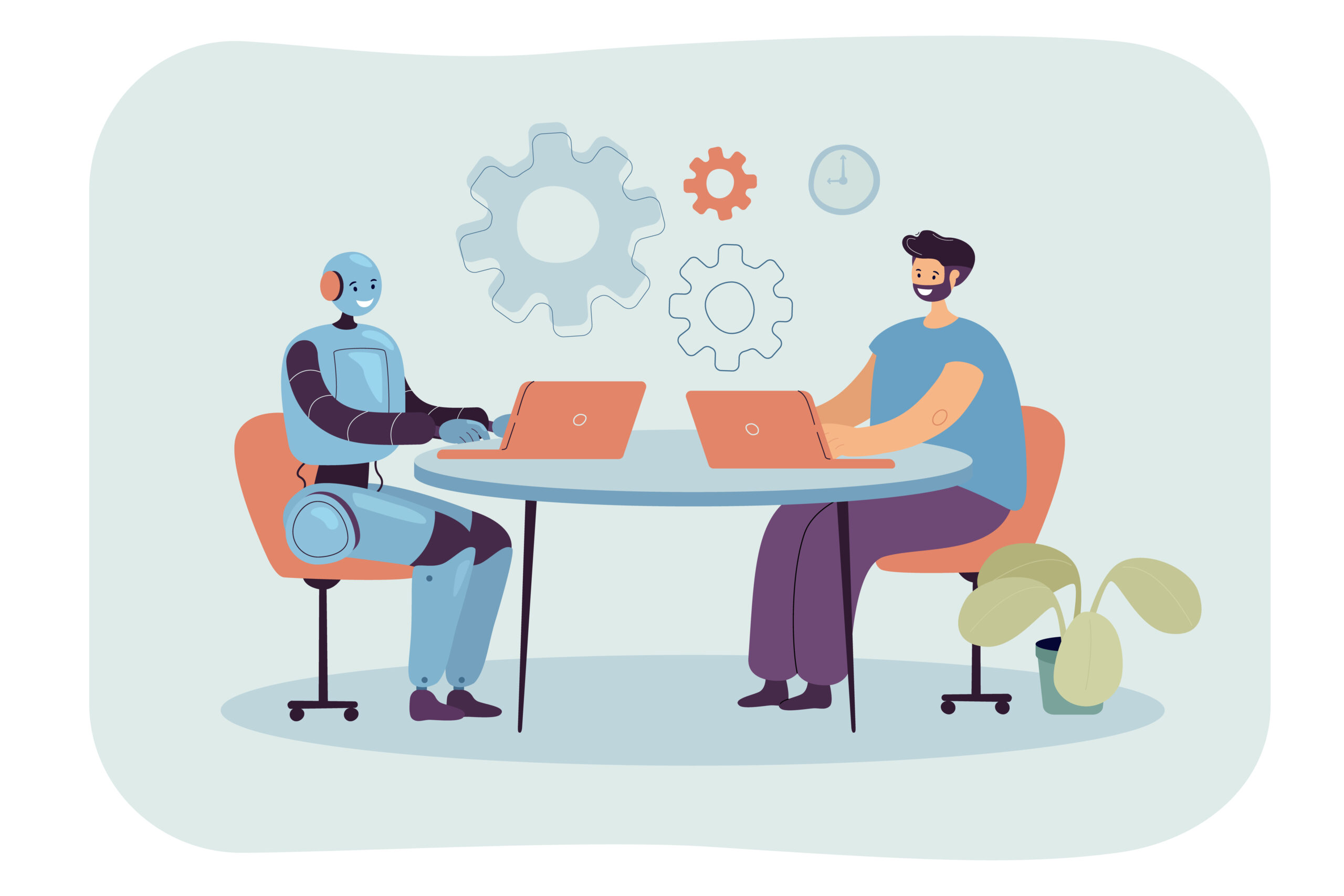
The transformative role of AI in shaping recruitment
Can non-living things learn? If you had asked this question to a room full of children in the early 1900s, you would have received an emphatic “no” as your answer. Fast forward to the present day, and the average 10-year-old will respond with a “yes”.
Artificial intelligence (AI) enables machines to learn (a skill previously considered to differentiate the living from the non-living). These machines can learn based on the patterns provided by large datasets to plan, reason, communicate and learn.
So, it is not surprising that AI is changing our economic landscape and, by extension, the landscape of the workplace. According to a PWC report, AI is already automating manual, repetitive tasks and could soon augment human decisions. The report further says that along the way, by 2030, it will add to global GDP more than the combined current output of China and India. This growth is expected to generate several good jobs and change the way jobs are now being done.
AI has extended its impact on how we recruit our workforce. As leaders, you will need to understand how AI will impact your workforce. You then need to transform your recruitment strategy to accommodate the potential impact of AI. For example, AI can automate much of your administrative processes, like billing, payroll and attendance tracking. Rather than recruiting for rule-based, routine tasks that require accuracy, you will start recruiting for creativity and complex problem solving. You will also see an increase in the use of AI to boost employee recruitment and retention.
Let us take a closer look at possible avenues where you can leverage the power of AI to revolutionise your recruitment process.

Chatbots to improve candidate engagement
Chatbots can be made available 24/7. This ensures timely responses to all your candidate queries. Through natural language processing, chatbots can understand and respond to your candidate’s questions, guide them through the application process and schedule interviews at their convenience while maintaining consistent positive communication. This elevates the candidates’ experience. Consistent communication from application to onboarding fosters trust in your employer brand and increases your offer acceptance rate.
Improved onboarding experience
AI automates workflows, offering a seamless onboarding experience for your new hire. It personalises your new hire’s learning path while providing continuous feedback and support. Thus, the new hires feel welcomed and empowered, allowing you to harness their skills from day one.
Enhanced ability to determine suitability
The facial recognition technology embedded in your AI-empowered recruitment tool detects and classifies emotions displayed by candidates during video interviews. AI algorithms can also analyse candidates’ posture, body language and gestures during these interviews. AI provides insights into candidates’ emotional intelligence, communication skills and suitability for specific roles. This enhances the efficiency, fairness and effectiveness of the hiring process while ensuring a positive candidate experience.
Predictive analytics for talent acquisition
AI’s ability to learn from data patterns allows it to analyse historical recruitment data. It then identifies patterns and correlations to predict which candidates are most likely to succeed in specific roles. These insights enable recruiters to proactively source, engage and retain top talent, reducing time-to-fill and turnover rates.
The benefits of AI in recruitment are numerous. It increases efficiency while providing significant cost savings. It eliminates the hiring team’s bias and improves the overall candidate experience. But as with any other new technology, you need to keep in mind the challenges involved when harnessing AI to revolutionise your recruitment process. Make sure to maintain an optimal balance between AI-enabled automation and human decision making. There will, of course, be data privacy concerns. Ensure that the processes you set in place will alleviate these concerns. And last, but not least, do not forget that AI is prone to algorithmic bias. Your systems and processes should be built with this in mind.
As the world adapts to AI and its many faces, the next decade or more is going to be interesting. Let’s enjoy the ride!